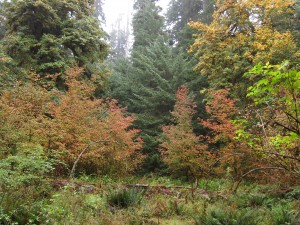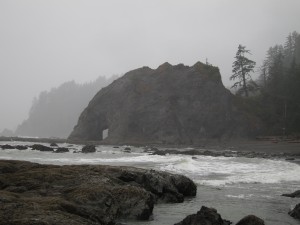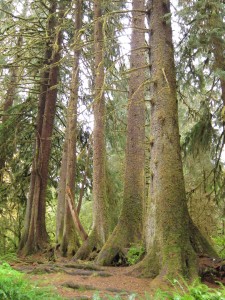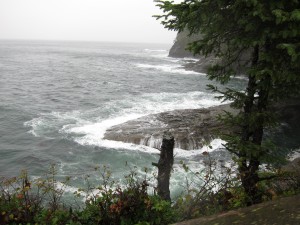Today I am not trying to sell books. For that reason I am not including purchase links to the ones I mention below. I just want to try to express what is in my heart, though words are difficult to come by right now. Please bear with me. I have written about some of what follows before, but it bears repeating. Sometimes we have to tell a story many times to connect the right threads.
On December 19, my mother, who I jokingly said had more lives than two cats, said goodbye to the world. Her determined, fighting spirit could no longer master the body that had grown too fragile, too frail.
I write this today because those two telephone calls totally changed the trajectory of my life in ways too many to count. Two calls that gave me an entirely different life.
In 1998, a few months after I’d had a stillbirth, my second pregnancy loss in nine months, Mom and I talked on the phone. My husband at the time and I were going to a support group for parents. I learned that she and Dad were grieving as deeply as I was, and I quickly learned about the unique qualities of a grandparent’s grief. She asked me if I could find them a book that would help them, and I assured her I would.
There was just one problem: at the time, there were no such books currently in print. I managed to find an out-of-print book and some pamphlets, but that was it.
Like a lot of people, I’d “always wanted to write a book someday.” Turns out, When a Grandchild Dies: What to Do, What to Say, How to Cope, was that book. I gathered information from grandparents who said they’d never been able to share their story with anyone before. To this day, WGD continues to help people.
WGD helped me, too. It helped me as a grieving mom, and my parents, but also guided me to the writing path I had longed for. A further side benefit was, when I met my current husband, WGD made him want to get to know me better.
All this from one telephone call.
Fast forward to 2014. We were planning a trip to Scotland, and I asked Mom if there was anything she wanted me to see on her behalf. Her answer surprised me: “I’d like to know where my great-grandfather is buried,” she said. That simple remark led to my finding him, but also learning that the woman who bore his child was not who we thought she was…and I discovered Jane Thorburn, who had disappeared from the family history. This led to a new interest in genealogy, but also to The Factory Girl and the Fey. The lack of details from Jane’s life could only be filled in by fiction.
The struggle to finish Factory Girl took years. It was an unruly book, a new genre for me, and one that punched all my emotional buttons. As Mom’s health and vitality began to fail, I feared I wouldn’t get it done in time for her to read it. I sent her drafts, just in case. Then, finally, I was able to send her a real book.
It’s too soon to say what finishing Factory Girl will lead to for me, but I have a feeling more major life changes are yet to come.
All because of one telephone call.
There were likely countless other times when her words influenced me, and no doubt they will surface in the coming weeks and months. Thanks, Mom, for being my muse. Say hi to Dad for me. Love you.






